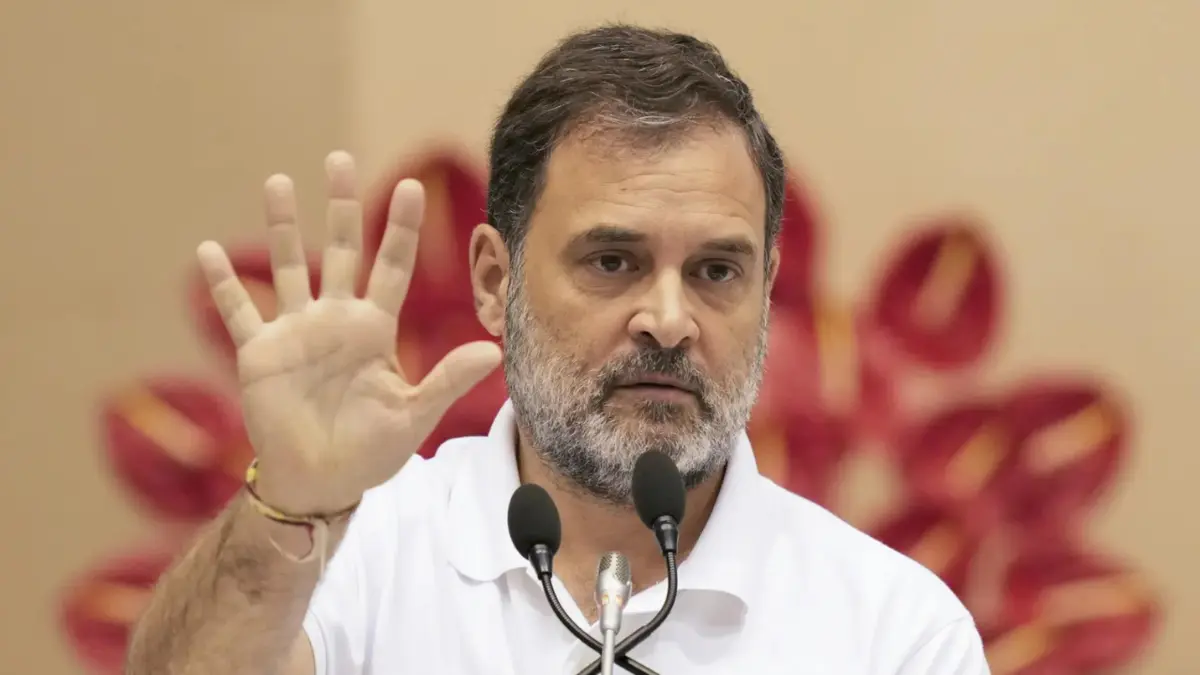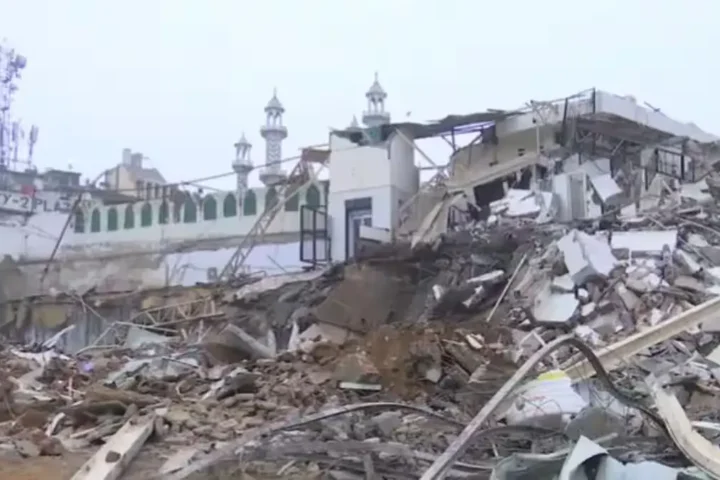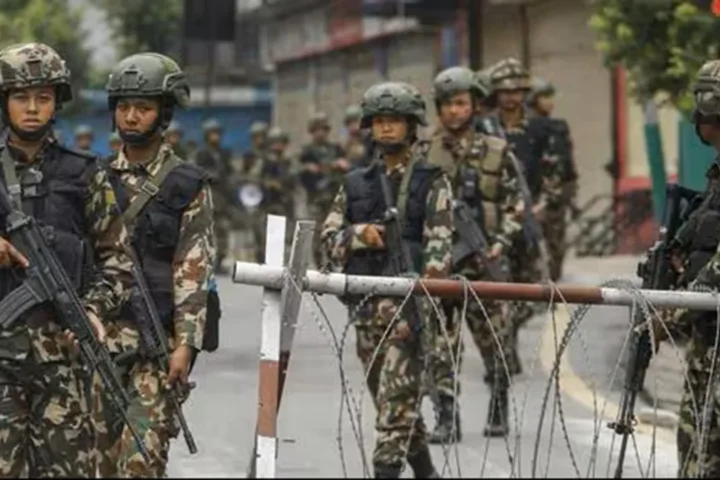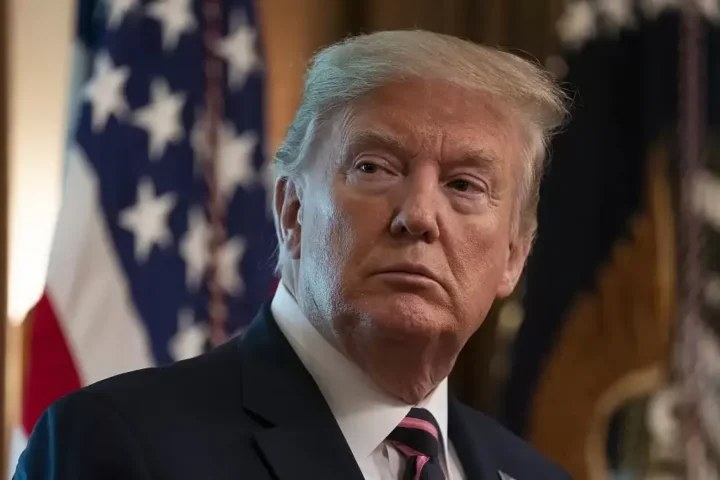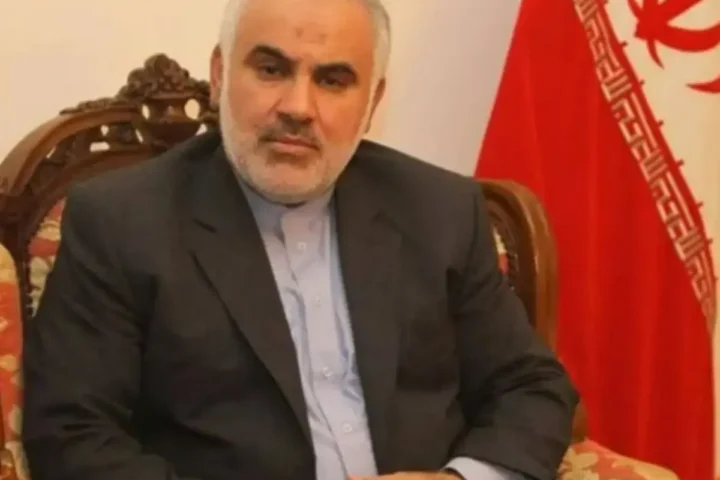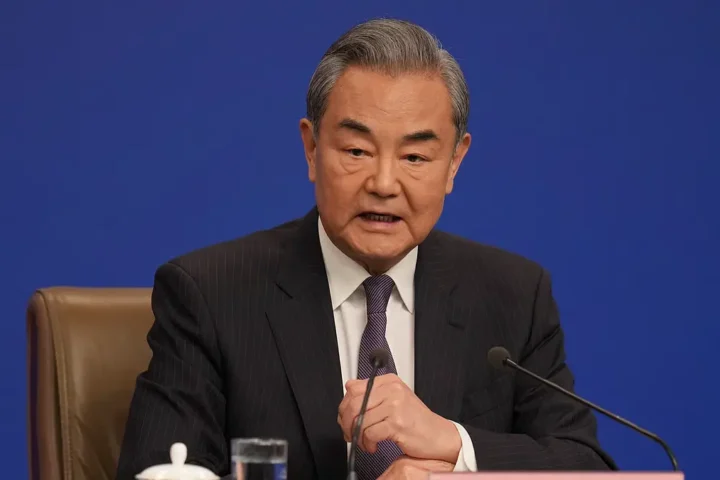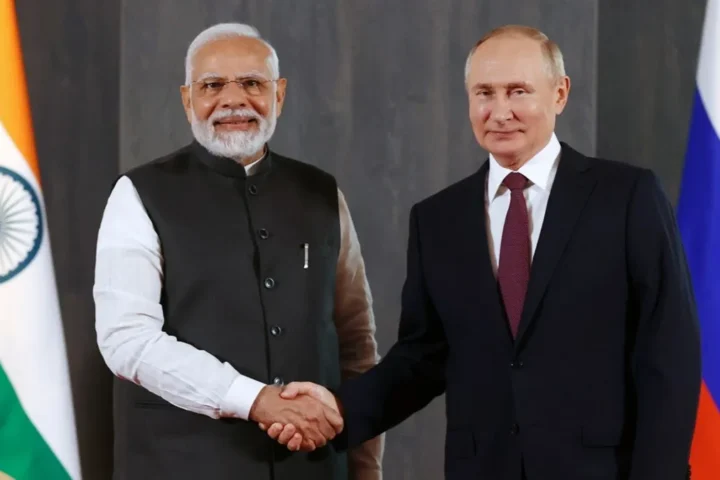The Supreme Court of India came down heavily on Congress leader and Leader of Opposition Rahul Gandhi for his controversial comments about the Indian Army. The remarks, made during the Bharat Jodo Yatra, alleged that Indian soldiers were “thrashed” by Chinese troops during a border clash in Arunachal Pradesh in December 2022.
The court has now stayed the criminal defamation proceedings initiated against him by a complainant in Uttar Pradesh, who claimed Gandhi’s statements were defamatory and disrespectful to India’s armed forces.
During the hearing, a bench of Justices Dipankar Datta and Augustine George Masih questioned the credibility and intent behind Gandhi’s statements. The bench remarked:
“How do you get to know that 2,000 sq km of land was occupied by China? If you are a true Indian, you wouldn’t say such a thing.”
The court also expressed disapproval of Gandhi airing such views on public platforms, stating:
“You are the Leader of the Opposition. Make such statements in Parliament, not on social media.”
The Supreme Court issued notices to the Uttar Pradesh government and the complainant, Udai Shanker Srivastava, asking them to respond to Gandhi’s petition challenging the trial court’s summoning order. The court also agreed to hear Gandhi’s plea that the complaint was politically motivated and intended to stifle free speech.
Earlier, on May 29, 2025, the Allahabad High Court had dismissed Gandhi’s request to quash the summons. That order is now under review by the apex court.
What Sparked the Legal Case?
The controversy stems from Rahul Gandhi’s remarks during his 2022 Bharat Jodo Yatra, where he claimed that Indian soldiers were overpowered by Chinese forces in a skirmish along the Line of Actual Control in Arunachal Pradesh. He alleged that Chinese troops had occupied a significant portion of Indian territory, a claim the government denied.
Interesting Read
These statements drew sharp criticism from political rivals and led to the filing of a criminal complaint in a local court in Uttar Pradesh. The complainant accused Gandhi of undermining the morale of the Indian Army and spreading misinformation on a sensitive national security issue.
What Happens Next?
With the Supreme Court staying the trial court’s proceedings, the case will now hinge on whether the apex court finds Gandhi’s remarks to be protected under freedom of speech or considers them defamatory and reckless, especially given his role as a senior political leader.
The case brings into sharp focus the fine line between political criticism and national responsibility — particularly when sensitive subjects like the armed forces are involved.

